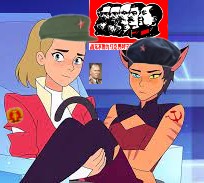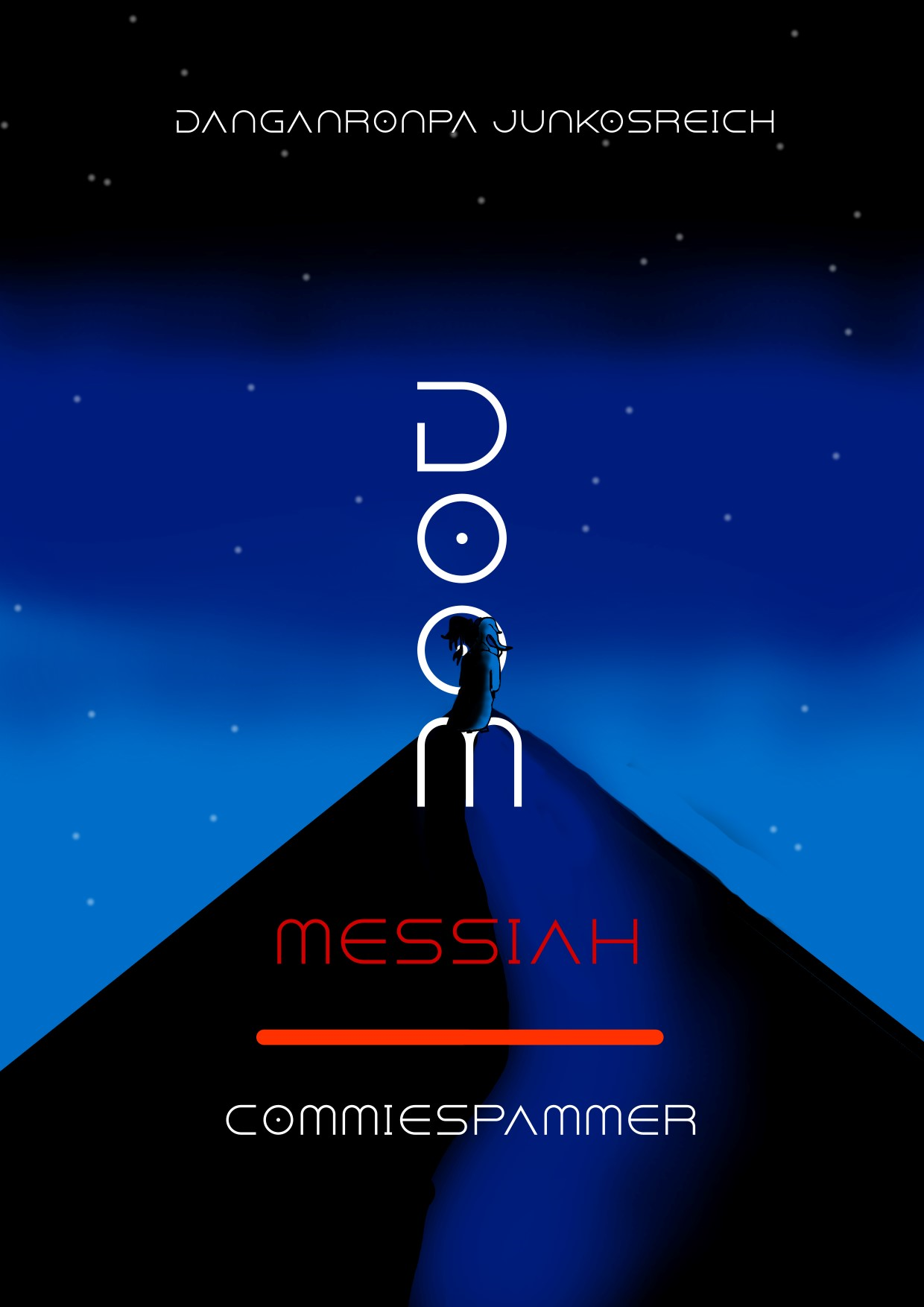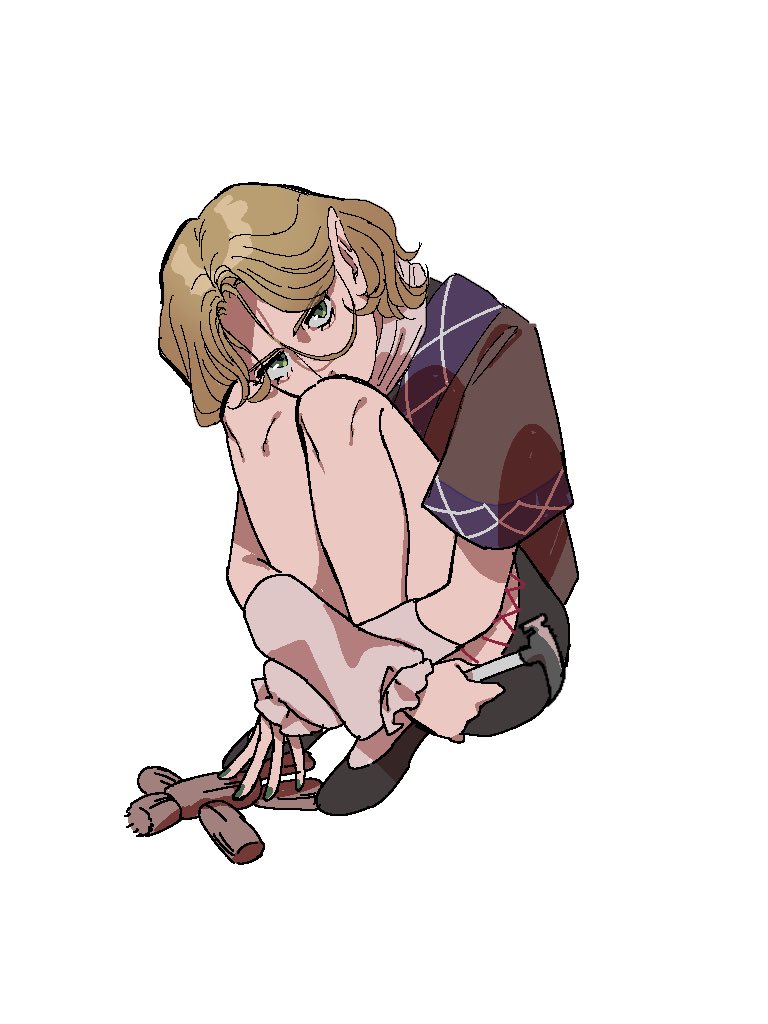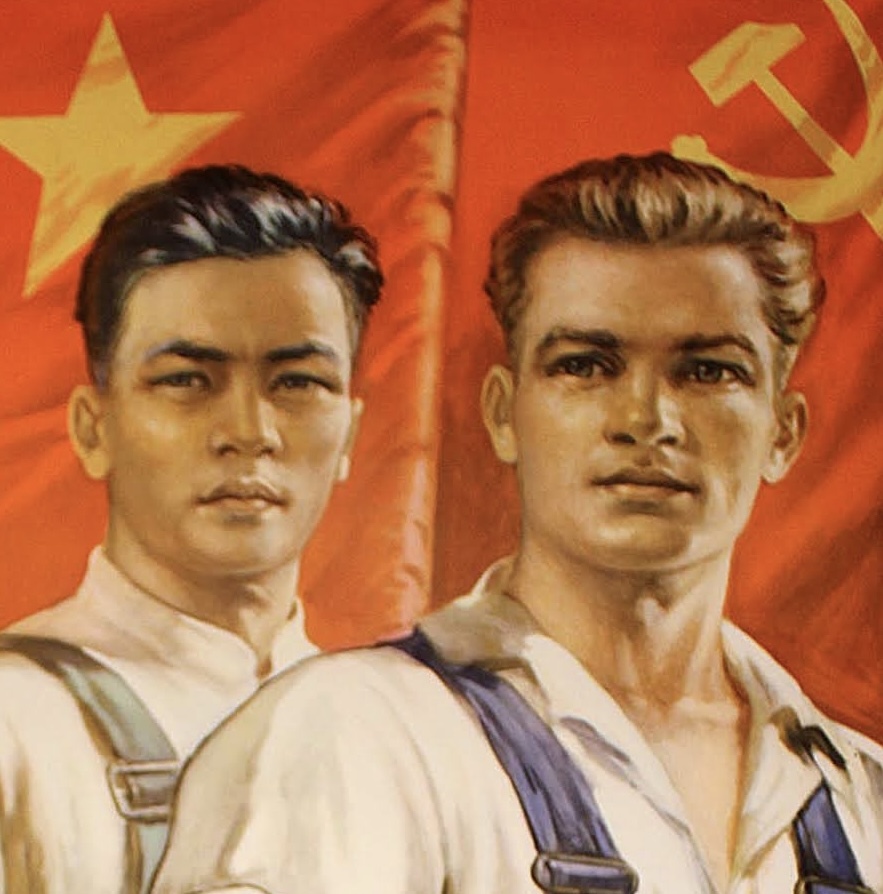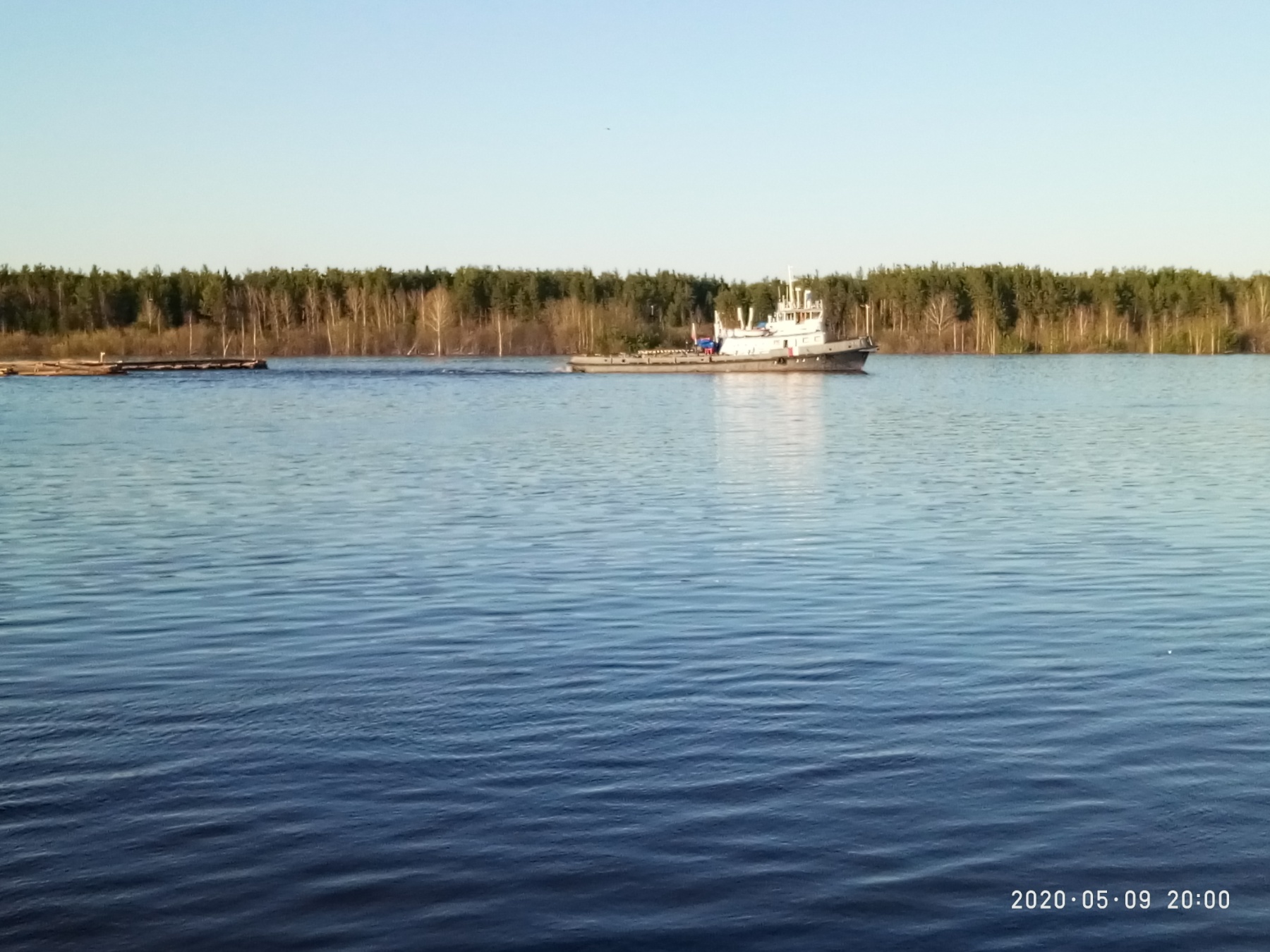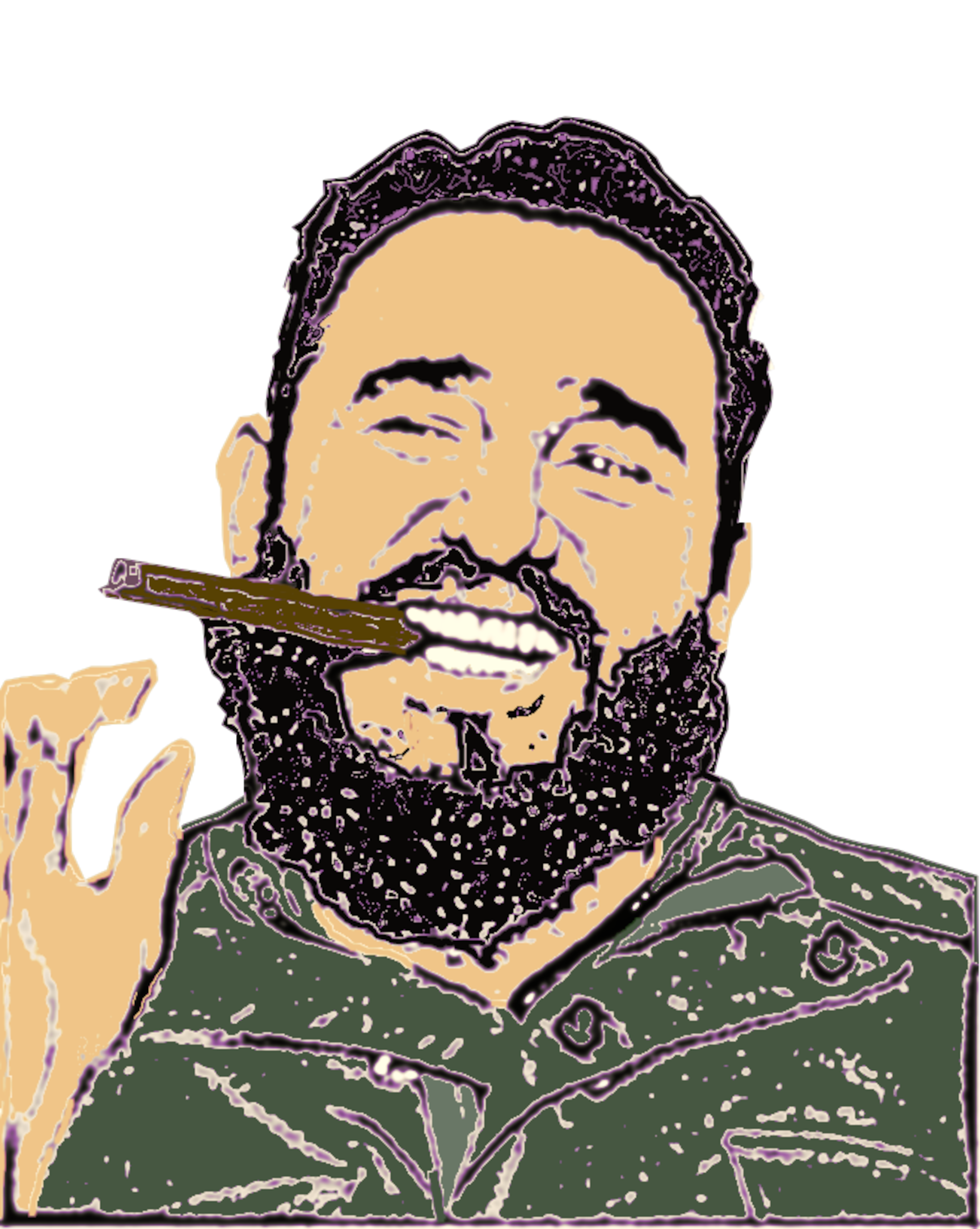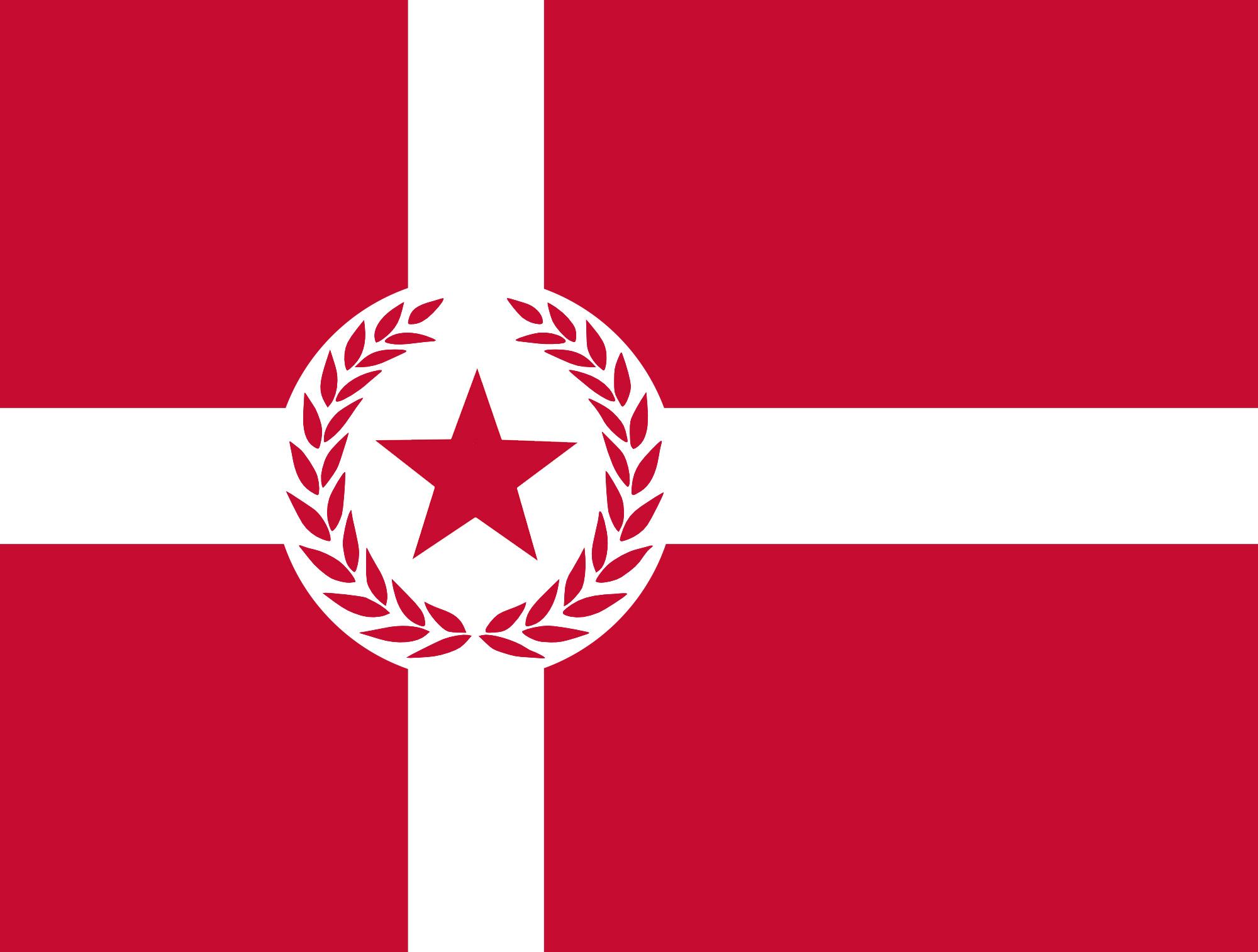They not have to be marxist specifically, but all of mine are. My favorites are: Walter Rodney, Lenin, Anuradha Ghandy and Vijay Prishad. I have been thinking of Red Star Over the Third World again recently, and I may decide to reread it soon.
Stalin writing style is one of my favorites, i started reading theory with the reading comprehension off a baby and out of all the marxist writers he was the only one i could understand.
Kollontai, who I think should literally be this subs icon. Comradely Love and proletarian feminism 🥰
I actually really like Marx. I got a thing for 19th century prose.
the translator has arrived
please we fear the prose
FRANK HERBERT
Yeah I love him. He was kind of a victim of the 50s communist scare propaganda though and was very against the idea.
Bordiga was a pure genius, but it’s quite a difficult read because of his idiosyncratic writing.
Among the non Marxists, I like Polanyi a lot.
Bold to imply that Polanyi was not a Marxist. Certainly not an orthodox Marxist, to be fair. But due to McArthyism he had to use a lot of euphemisms for more explicitly Marxist terms (I remember reading that he had to live in Canada and commute into the USA to teach because his wife was a radical forbidden from entering the US).
Further, Polanyi’s concepts of embeddedness and the indeterminacy of capital became pivotal to the Marxist labour process theorist like Braverman and Burawoy. You can’t read a single Marxist anthropology paper without seeing Polanyi’s influence either, he is thoroughly a part of the Marxist anthro / soci canon.
Yes, Polanyi was not a Marxist, and literally nobody would say he was. He had distanced himself from Marxism at a personal level after an initial flirtation with it in his youth. Polanyi turned away from Marxism in the years leading up to the First World War.
Certainly, he was somewhat of a socialist, though his theory differed significantly from Marxism. His theory revolved around conflict, similar to Marx’s theory; however, the terms, dynamics, and mechanisms were all distinct. Upon rereading “The Great Transformation,” it becomes clear that the second Karl (Polanyi) had deviated considerably from the first Karl’s (Marx) fundamental insights on various critical points: the emergence of capitalism, the origins of the Industrial Revolution, the dialectics of commodification, the exploitation of labor, concepts of value and money, class power, and class struggle.
Some Marxist authors were indeed inspired by Polanyi, as with the already mentioned Burawoy, Nancy Fraser, etc. However, that doesn’t retroactively make Polanyi a Marxist. Aside from that, Polanyi was very religious; he converted to Protestantism and remained a Christian for the rest of his life. He leaned much more towards being “communitarian” than “communist”.
edit: https://sandbroo.faculty.politics.utoronto.ca/why-polanyi-and-not-marx/ here’s a text with a better explanation.
Thanks for the fact-check.
i like your choices. I’d love to see how Bordiga reads in italian tho
Gabriel García Márquez. One Hundred Years of Solitude is a banger
I have read very few books. I used to go about thinking I was deep for reading Animal Farm. I gained actual class consciousness this year, and mostly read theory. My fav. book used to be Agatha Christie’s ‘The Murder of Roger Ackroyd’, it was a good one. What are the works of the former and latter two? I’ve heard about Anuradha Ghandy but not in detail.
For Walter Rodney, How Europe Underdeveloped Africa is perhaps his most well known work. I have read that, and Decolonial Marxism. Both are very wonderful and comprehensive.
Anuradha Ghandy’s book on feminist trends has been immensely useful for me in navigating a lot of idealistic tendencies which exist. Her statements regarding anarchist organizing particularly is something I think of often. It is a very short book, so it may be easier to go through as well.
And Vijay Prishad writes constantly. He is in a lot of leftist outlets being interviewed, or writing articles The books I can think of from him are Washington’s Bullets, and Red Star Over the Third World.
Her statements regarding anarchist organizing particularly is something I think of often.
Sounds interesting. I searched but I couldn’t find any quotes. Could you provide some pointers to where I could read these? Thanks.
In her book, ‘Philosophical Trends in the Feminist Movement’, she has a chapter dedicated to anarchism, if I remember correctly.
Thanks!
Lenin, Parenti, and Prashad would be my favorites for politics.
Bebel I suppose. (Not the August Bebel!)
Also Alexander Dumas.
Lenin is funny and I like him
William Blum is as jaded as me so he good
The Author of Eagle Among Lions
I like Rick Riordan, author of the percy jackson series too. Childish I know, but he’s the one author who didn’t turn out to be a transphobic or homophobic bastard. They were my comfort reads for a long while.
Lenin is very entertaining. Like in The Right of Nations to Self Determination when he basically calls Trotsky a worm.
I searched William Blum’s name to check if he is the author of Killing Hope, and made a very crinkly discovery: William Blum, US Policy Critic Cited by Bin Laden, Dies at 87 | New York Times The New York Times never fails to cause me immense anguish.
Might have to look into some Blum. What would you recommend starting with?
Killing Hope, it is my bible
James Ellroy, Tolstoy, John Galsworthy
I don’t have a favourite author
Steven Lukes and Georges Bataille for theory, R.F Kaung for fiction.
Hits from the bong;
https://www.goodreads.com/en/book/show/57945316
https://voidnetwork.gr/wp-content/uploads/2016/09/Power-A-Radical-View-Steven-Lukes.pdf
Ficton-wise, Bernard Cornwell remains my favourite author. Some other authors deserve a mention: John Williams, Evelyn Waugh, Joseph Heller, Sally Rooney, David Lodge, Phillip Pullman, Conn Iggulden, David Gemmel, Wilbur Smith, and Robert Jordan. I might not necessarily enjoy all these authors’ works in the same way as I once did if I re-read them today and I know little about their personal lives or politics but I loved them all when I first read them.
Non-fiction-wise, Lenin, Engels, and Parenti are as easy to read and enjoyable as good fiction. Maybe David Harvey, too, but I get a bit annoyed with some of his anti-China sentiment.
After reading Catch-22, I was kinda disappointed to learn that it doesn’t portray Heller’s experiences in WW2. Obviously I didn’t expect the wacky satirical stuff to be true, but I believed that the portrayal of the soldiers as jaded, looking to dodge as many missions as possible to get home alive was. But he stated that it was not at all like this, and that it was an enthusiastic, patriotic war (or something along these lines).
I suppose fighting Nazis does come with a certain motivational factor.





